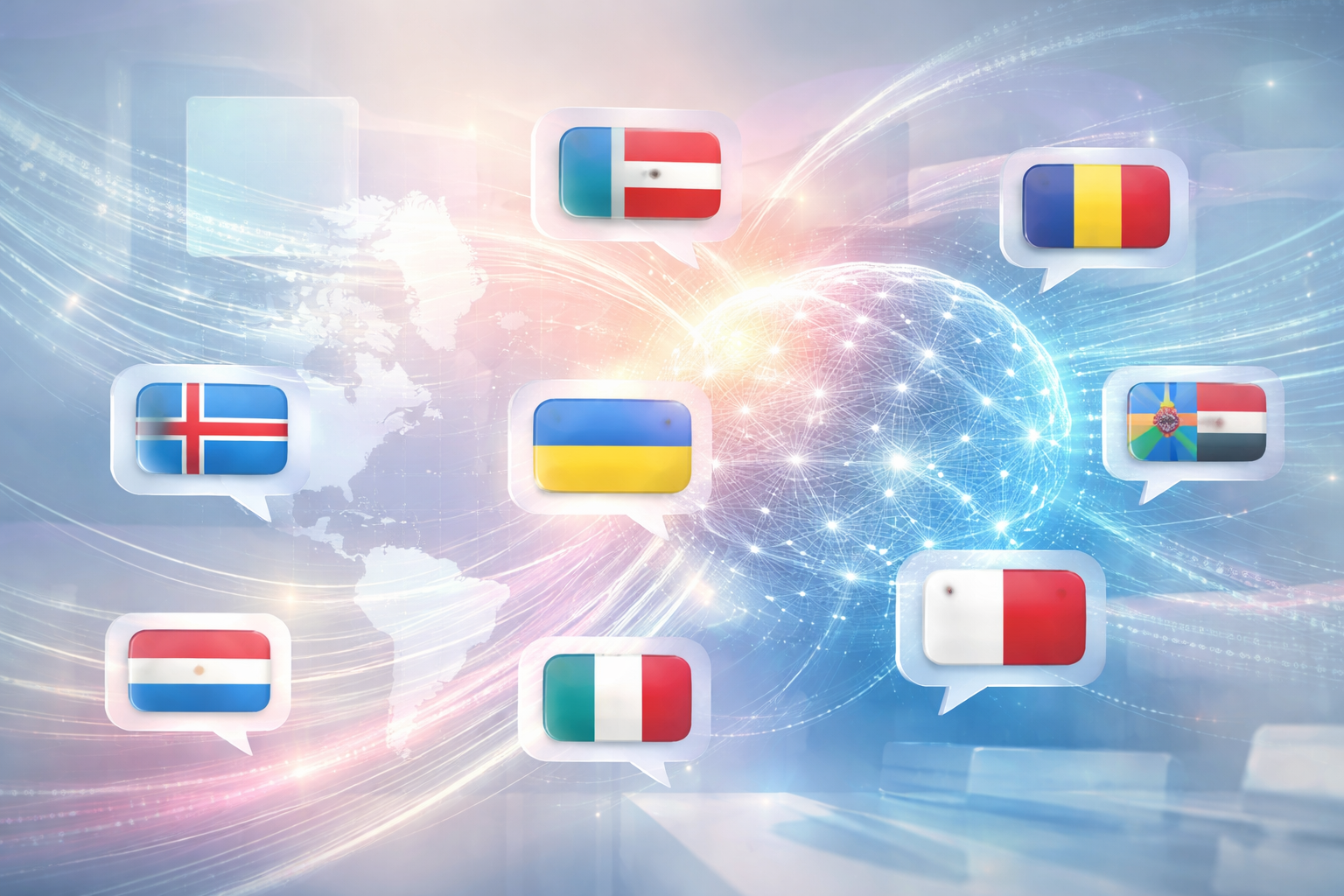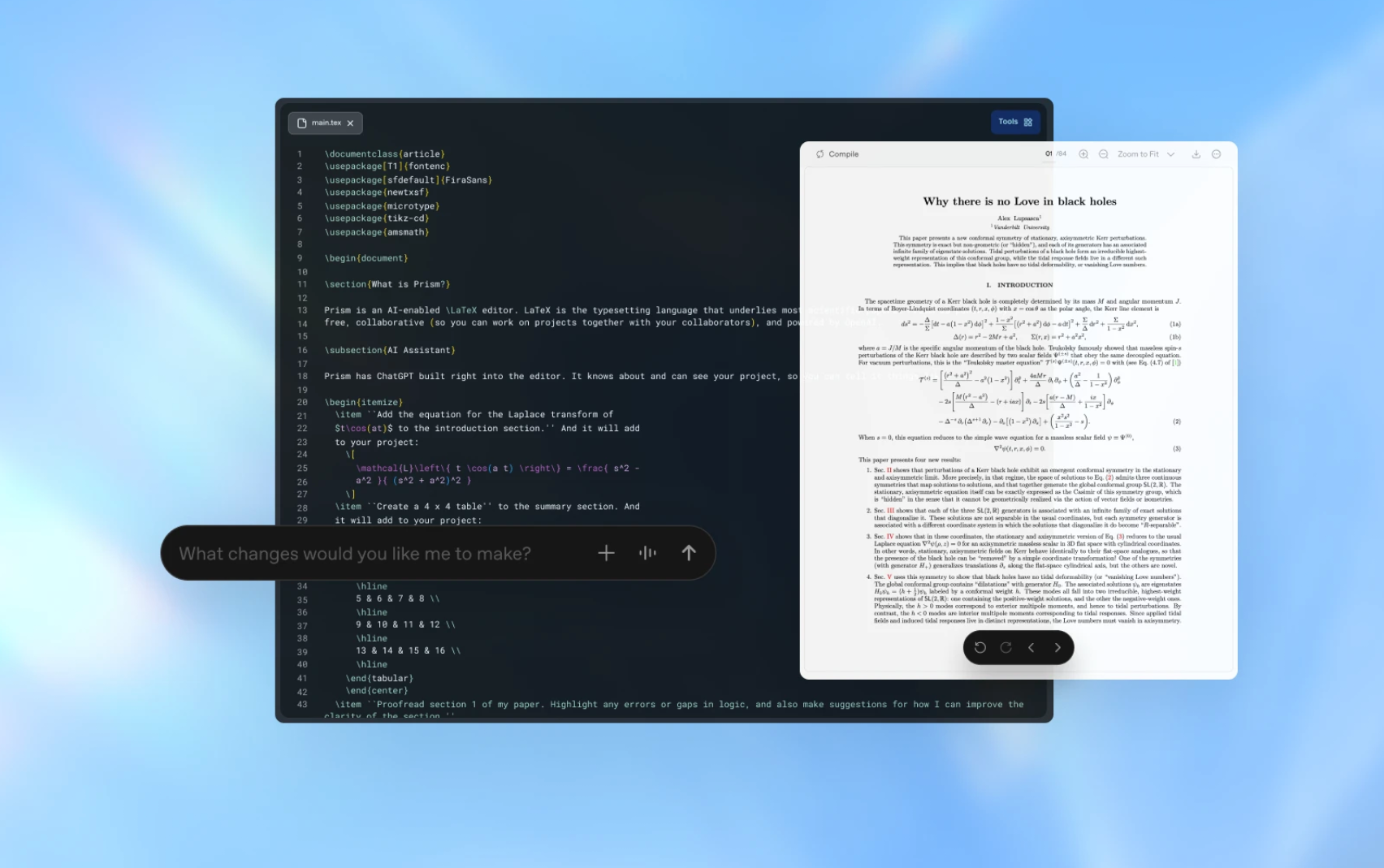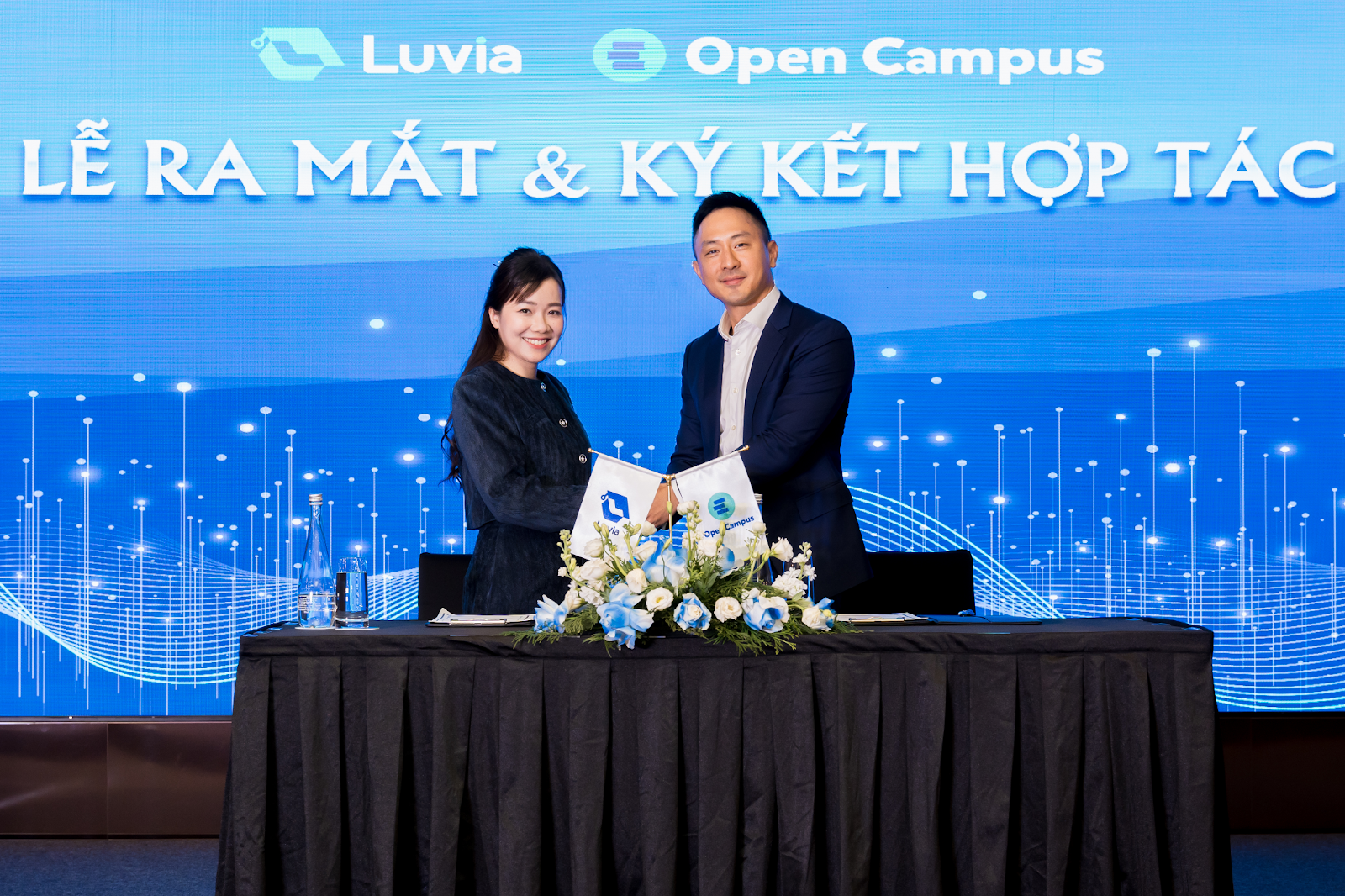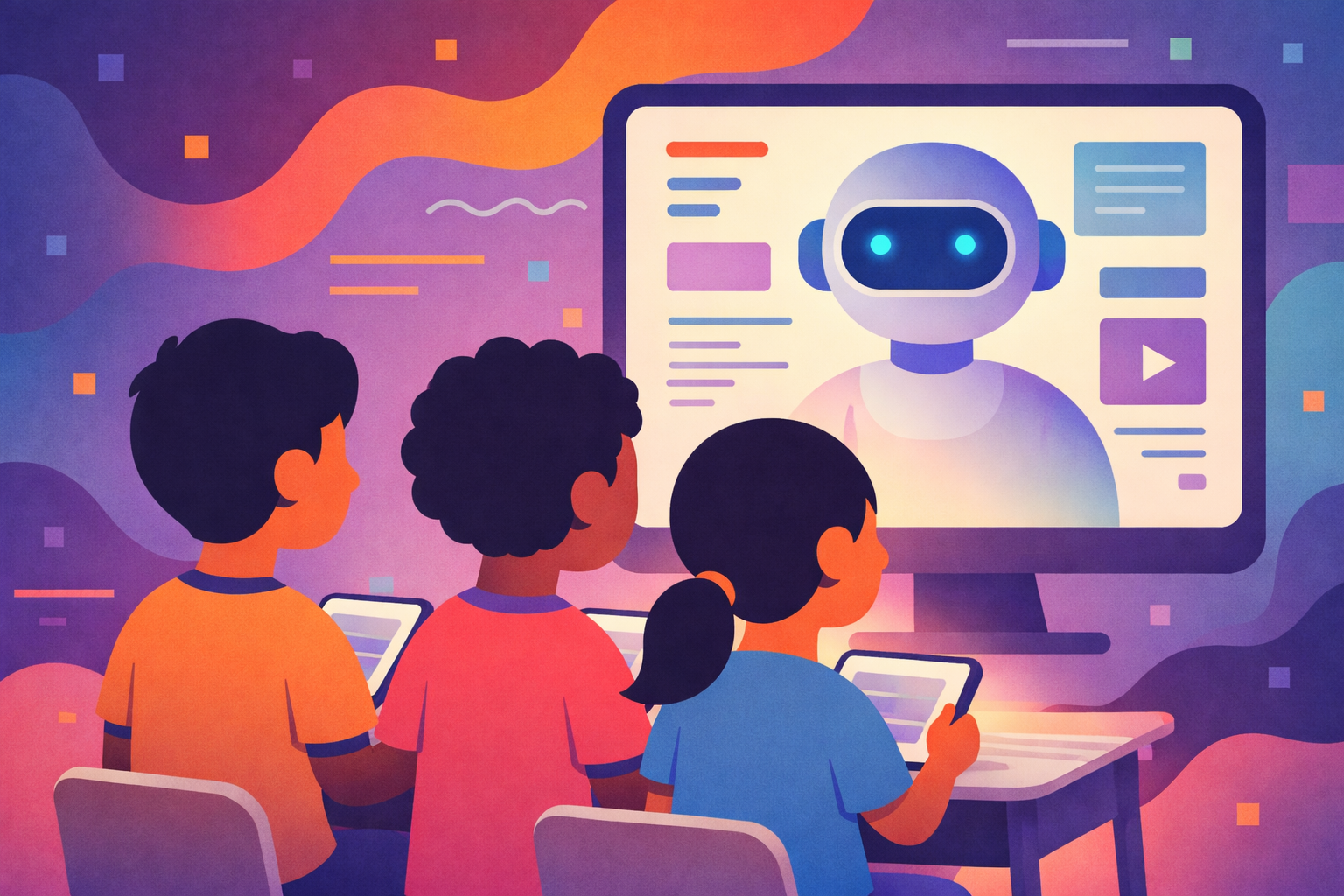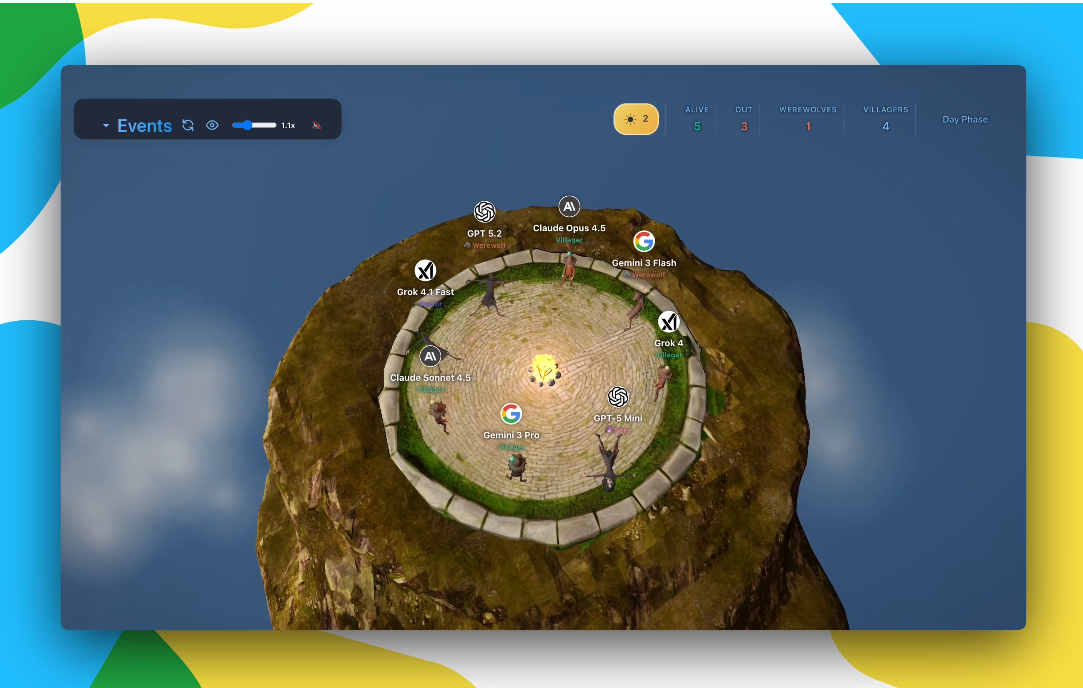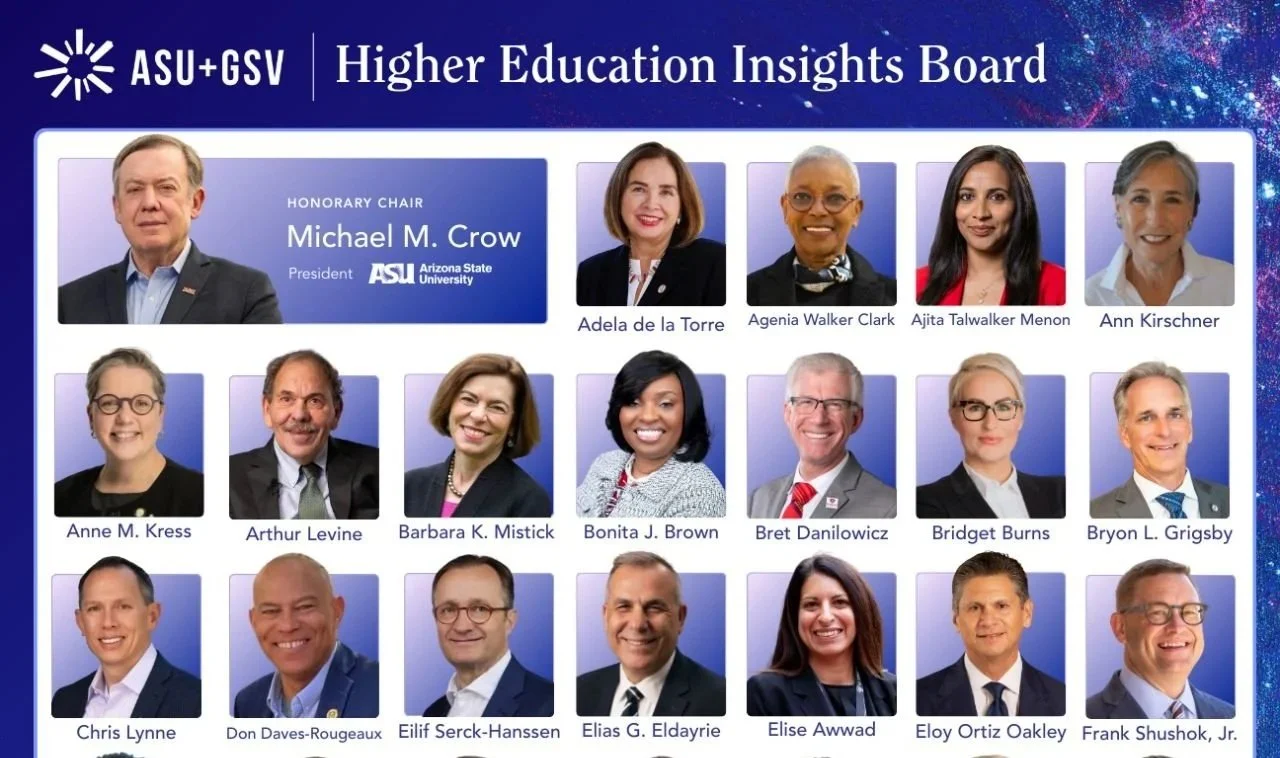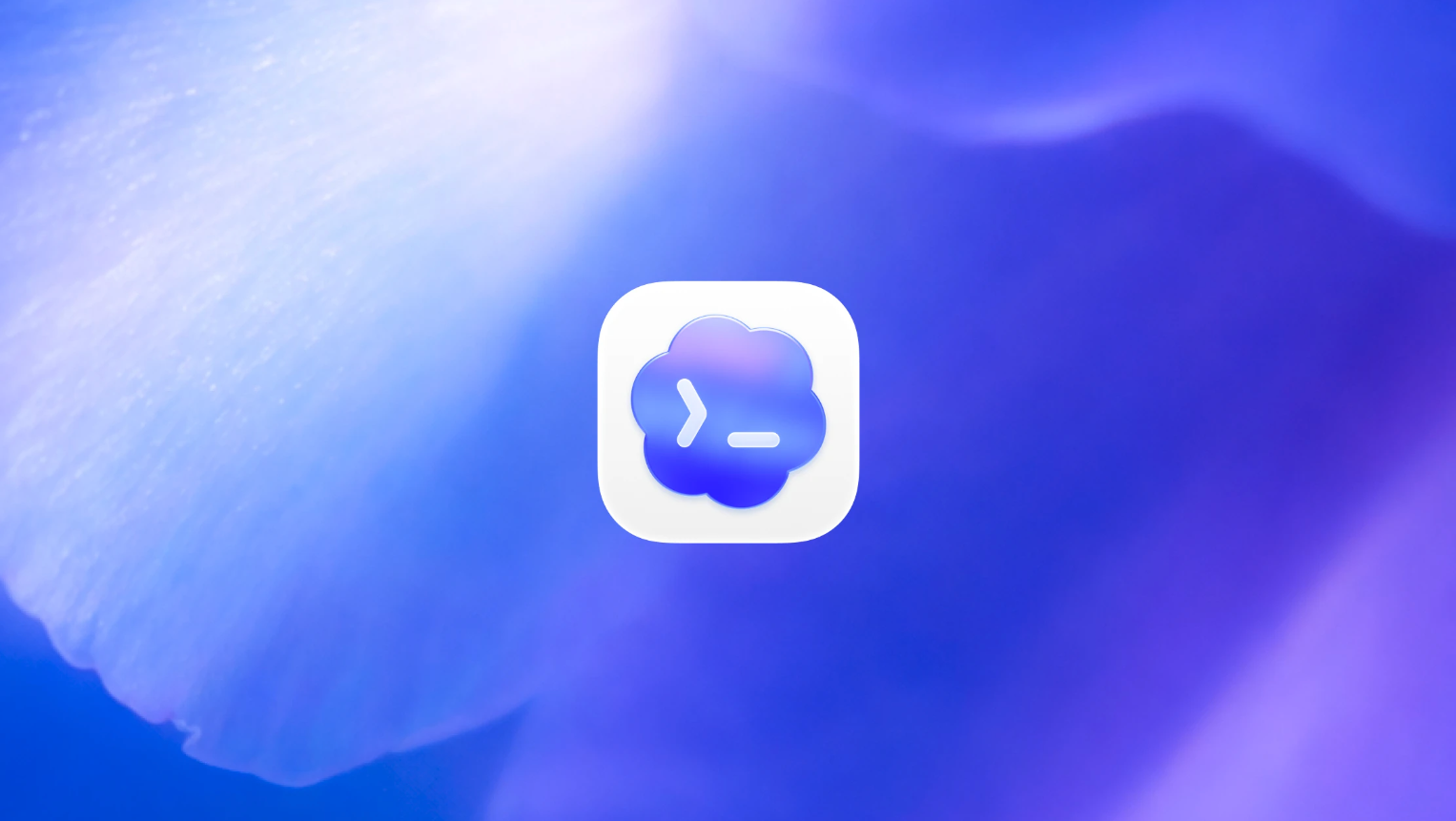Duolingo rides AI momentum with fastest course launch and 40% DAU growth in Q2
Photo credit: Duolingo
Language learning platform Duolingo has experienced continued user and revenue growth in the second quarter of 2025, driven by product expansion, new engagement mechanics, and strong subscription conversion, according to a LinkedIn update from CEO and co-founder Luis von Ahn and the company’s Q2 shareholder letter.
Founded in 2011, Duolingo is a U.S.-based educational technology company best known for its gamified language learning platform. The app is currently the top-grossing education offering on both the Apple App Store and Google Play. The company has also expanded into non-language subjects, including music and chess.
Strong user and financial growth
Duolingo reported 47.7 million daily active users (DAUs), a 40 percent year-over-year increase, and 128.3 million monthly active users (MAUs), up 24 percent. Paid subscribers rose to 10.9 million, a 37 percent year-over-year gain.
Quarterly revenue grew to $252.3 million, up 41 percent from $178.3 million in Q2 2024. Net income rose 84 percent to $44.8 million, and adjusted EBITDA increased 64 percent to $78.7 million. The company’s subscription revenue rose 46 percent year-over-year to $210.7 million.
Von Ahn commented that this growth was in line with internal projections, writing, “We’re more than halfway through 2025, and Q2 was another strong quarter at Duolingo. Our Daily Active Users grew 40%, inline with our expectations.”
Chess course and user engagement mechanics
In April, Duolingo launched a Chess course, which has become its fastest-growing subject to date, surpassing one million DAUs by quarter end. “That’s just on iOS and in English,” von Ahn noted. “We plan to expand Chess to Android and more UI languages throughout this year.”
The company attributes part of its user engagement to gamified elements such as animations and haptics. “We integrated dozens of rewarding interactions such as Eddy flexing triumphantly when you answer a hard exercise and haptics when you nudge your friends,” von Ahn wrote.
Duolingo also introduced a new engagement mechanic for free users called Energy, which replaces the Hearts system. Unlike Hearts, which penalized errors, Energy is a usage-based system that rewards consistent success. According to the shareholder letter, Energy increased DAUs, time spent learning, and subscription conversion during the iOS rollout.
Subscription tiers and AI-led features
Duolingo’s subscription business continued to grow across all tiers. The company noted stronger-than-expected performance from its Super plan and traction with Duolingo Max, the highest tier. Max includes AI-enabled tools such as Video Call, a feature now backed by research showing its impact on speaking improvement.
“We now have research that shows Max’s flagship feature, Video Call, helps learners improve speaking skills,” wrote von Ahn. A company white paper published alongside the results cites internal studies supporting that finding.
Duolingo has also acquired music gaming startup NextBeat, further signaling its strategy to broaden beyond traditional language education into entertainment-driven skill development.
Von Ahn concluded, “Since day one, we’ve had a bold mission: to build the best education in the world and make it universally available.”







